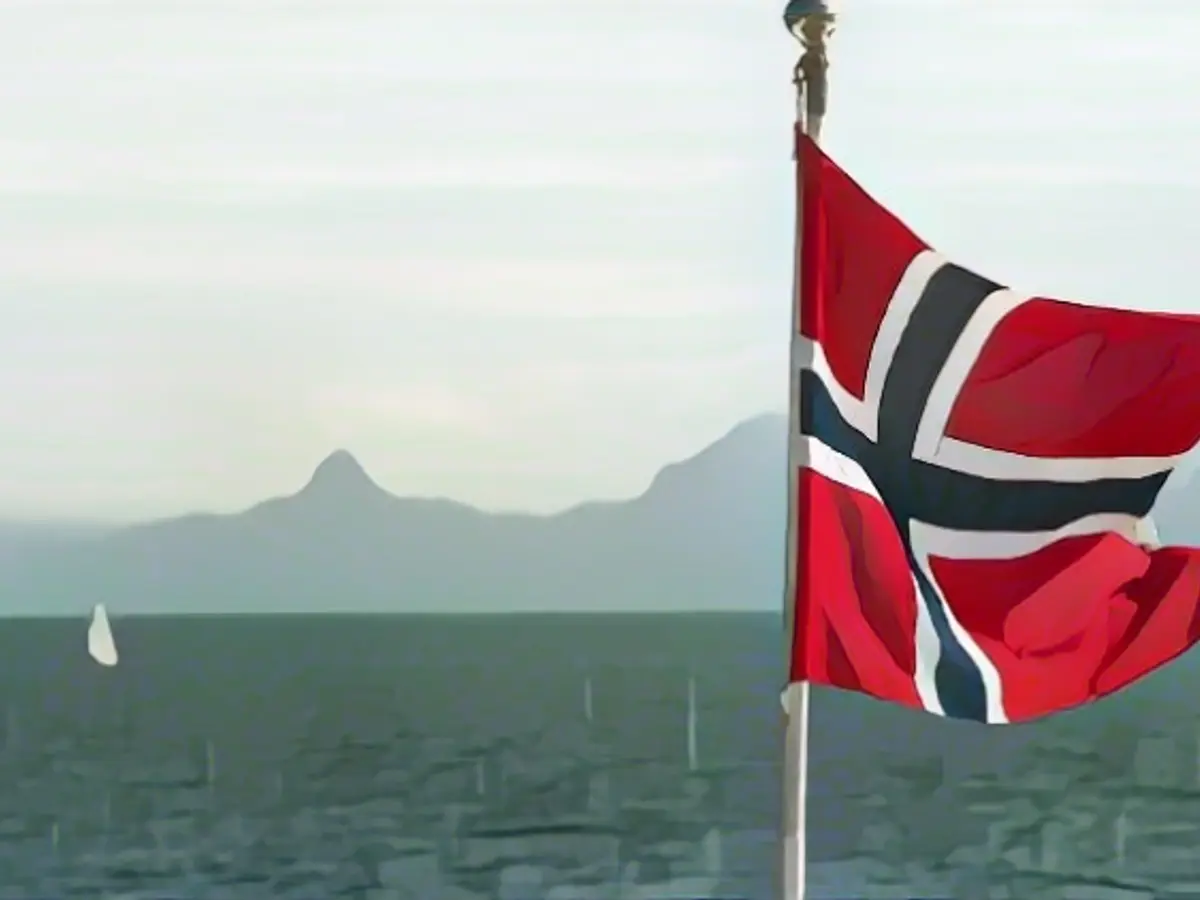Norwegian government opts for deep sea mining
The center-left government in Norway has reached an agreement with the opposition to partially release the seabed for deep-sea mining. In order to lead the green transformation in the form of fuel cells, solar cells, electric cars and smartphones, these natural resources are needed, said Social Democrat MP Marianne Sivertsen Naess at a press conference on Tuesday. The announcement provoked angry reactions from environmentalists.
The Scandinavian kingdom - previously a major oil and gas producer - could thus become one of the first countries to search the seabed for mineral resources.
The opposition Conservatives and the populist right agreed with the government to release areas in the sea off Greenland and in the Barents Sea on a piecemeal basis. "Exploitation will only be permitted if studies show that this is possible in a sustainable and reasonable manner," said conservative MP Bard Ludvig Thorheim.
Non-governmental organizations and scientists warn that deep-sea mining could damage ecosystems and threaten species. Other concerns include the ocean's ability to absorb CO2 and the potential impact of noise on whales, for example. Some countries - such as France and the United Kingdom - have already called for a moratorium on mining on the seabed.
Read also:
- The Norwegian Government's decision to explore deep-sea mining for mineral resources has sparked concern from non-governmental organizations and scientists, who warn about potential ecological damage and threats to marine species.
- Given the controversy surrounding deep-sea mining, some countries like France and the United Kingdom have advocated for a moratorium on seabed mining, citing the need to protect marine ecosystems.
- The Norwegian Government, in its quest to bolster green technologies such as fuel cells and electric vehicles, justifies its decision to partially release the seabed for deep-sea mining, arguing that it is crucial for securing necessary mineral resources.
Source: www.ntv.de








